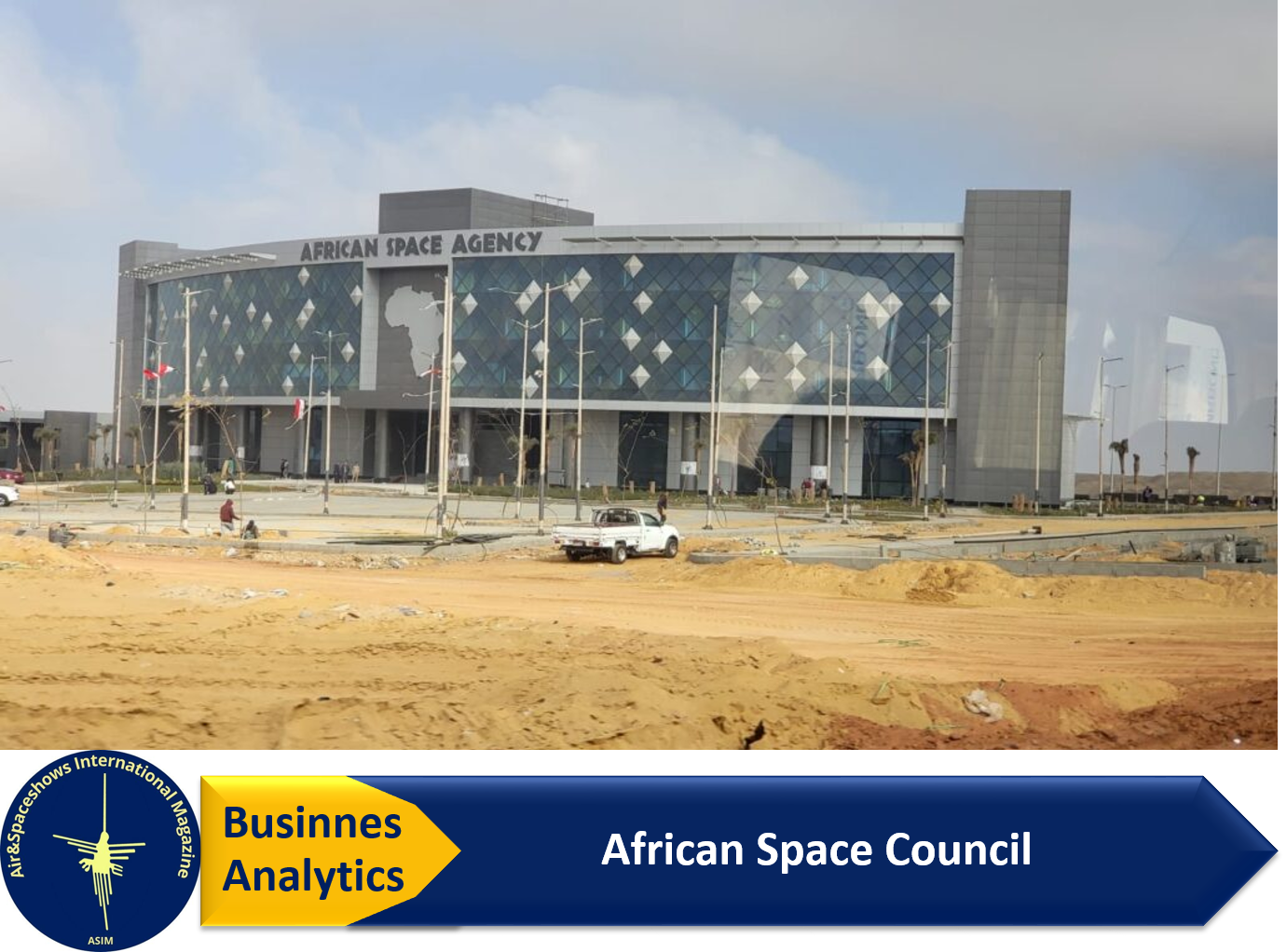Director ASIM Sandro VR, oct 12
Introduction
The governance of the African Space Agency (AfSA) is crucial for the development of the continent’s space ecosystem. The comprehensive framework outlined in the African Space Agency Statute, adopted in 2018, reflects the collective effort of over 30 African experts from the African Space Working Group. This group conducted a detailed analysis of global space governance models to create a structure that aligns with the aspirations of the African Union (AU) and facilitates the advancement of space science, technology, and diplomacy in Africa.
Contextual Analysis
In developing the Statute, the African Space Working Group focused on notable global space governance models, particularly the China National Space Administration (CNSA) and the U.S. National Space Council. The CNSA operates under China’s Ministry of Industry and Information Technology, emphasizing civil space administration without executing space programs directly. In contrast, the U.S. National Space Council addresses civil, commercial, and national security space policies, supported by various agencies like NASA, with the Vice President overseeing its operations.
African Space Agency Governance Model
The governance structure of AfSA is a hybrid model inspired by the U.S. National Space Council and the AU’s policy framework. It includes a Space Council dedicated to space policy and strategy, which oversees the Agency through a Director General responsible for daily operations. This division ensures that policy-making and oversight remain with the Council, while operational execution is managed by the Director General.

Functions and Responsibilities of the African Space Council
The Statute outlines the roles of the African Space Council, which include promoting the African Space Policy, coordinating with national space agencies, and developing a regulatory framework for space activities. The Council oversees the Agency, issues directives, and reviews strategic plans. It plays a critical role in ensuring alignment with AU policy priorities and engages with member states and international partners.
Functions of the Director General
The Director General of AfSA serves as the Chief Executive Officer and legal representative, responsible for managing the Agency and executing its mandate. The Director General also acts as the Secretary for both the Space Council and the Advisory Committee, coordinating operations and reporting on progress. This role emphasizes the separation of strategic policy responsibilities from day-to-day management, ensuring operational efficiency.
Conclusion
The structure established by the African Space Agency Statute promotes efficient governance and operational effectiveness. With part-time Council members and a full-time Director General, the model supports ongoing engagement with AU policy organs and addresses challenges in the space sector. The leadership roles of the President and Vice President of the Space Council focus on political representation and high-level negotiations, while the Director General oversees technical operations, creating a balanced and effective governance framework for Africa’s space ambitions.




